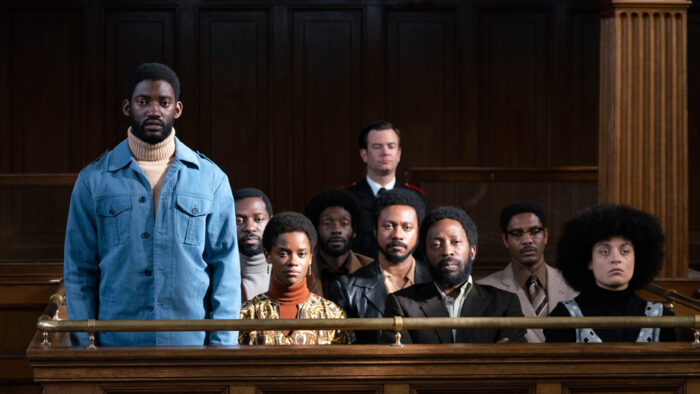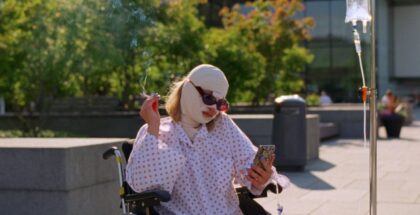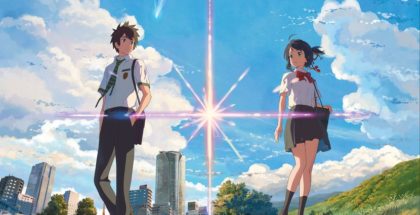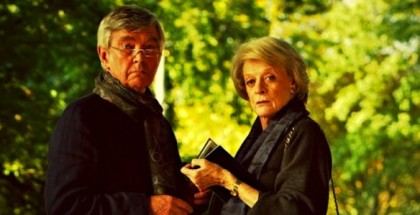Small Axe review: Mangrove
Review Overview
Cast
10Craft
10Community spirit
10David Farnor | On 15, Nov 2020
Mangrove is the first of Steve McQueen’s BBC One anthology Small Axe, airing weekly on Sunday nights from 15th November 2020.
50 years ago, a group of Black activists took to the street to protest against police harassment in Notting Hill. 150 men and women of West Indian, African and South Asian heritage marched to their police stations to make history – and 50 years on, Steve McQueen tells their story for the first time on a mainstream screen.
The “Mangrove 9”, as they came to be known, comprised nine leaders from the protest: Frank Crichlow, Darcus Howe, Altheia Jones-LeCointe, Barbara Beese, Rupert Boyce, Rhodan Gordon, Anthony Innis, Rothwell Kentish and Godfrey Millett. Their names are listed in full at the start of Mangrove’s end credits, and that spirit of respect and support runs throughout McQueen’s film – part of his BBC One anthology Small Axe, which tells stories of people within London’s West Indian community, and how they shaped their own lives in the face of society’s racial bias.
This instalment takes its name from The Mangrove, the cafe that becomes an epicentre of discrimination in 1970. Why? Because it’s run by Trinidadian Frank (Shaun Parkes), a warm, welcoming figure who finds his venue has become a hub for the community around him – a place for sharing political views as well as cooking up a storm and a cappuccino. Police raids happen week after week, led by the bullish, bullying PC Pulley (Sam Spruell), who doesn’t care whether anything illegal is going on there or not. It’s grimly unsurprising that when a protest march does take shape, police brutality pushes it into a full-on clash, but McQueen’s film moves swiftly on to the end result: Frank and the other eight getting arrested and charged with rioting.
The script, co-written by McQueen and Alastair Siddon, is beautifully divided in two, segueing from the loose and informal scenes centred on The Mangrove through the heated confrontation to the riveting legal trial. The juxtaposition between the two is as precise as it is organic, with the group’s increasingly vocal presence gradually undercutting the rigid traditions of the courtroom. Their sense of purpose but also glee, as the ensemble comes together in the face of systemic prejudice, is wonderfully infectious – this is perhaps the most enjoyable film of McQueen’s career to date, which only adds to its powerful impact.
The cast are all excellent with Parkes a charismatic standout as Frank, who just wants to be able to run his restaurant like anyone else. He’s supported by a steely-nerved, glinting-eyed Letitia Wright as the sparky Altheia Jones-LeCointe, who not only has the courage to represent herself in court, but also the ruthless smarts to back it up – her cross-examining of the witnesses is a joy, particularly when she grills Spruell’s squirming PC Pulley, whom she brilliantly refers to with his job title throughout in a slyly mocking tone.
Jack Lowden has fun playing against type as a barrister who quietly encourages the Mangrove 9’s stand against Alex Jenning’s cooly logical judge, while the climactic speech from Malachi Kirby’s Darcus is a rousing, thrilling statement that underscores the historical importance of their case – the first judicial acknowledgment (however unintentional) of behaviour motivated by racial hatred within the Metropolitan Police.
The result is a taut yet free-wheeling, important yet understated celebration of a community building – and defending – a home in a city that’s growing and changing, of voices being heard rather than silently despairing or being dismissed. There is heft and weight here, as the Mangrove marchers await their verdicts, but there is also a vibrant urgency to proceedings, propelled by composition so pinpoint sharp you could feed it through a colander. This is vital, potent, compassionate filmmaking – and, fittingly, makes history in its own right.
Mangrove is available on BBC iPlayer until November 2021.




















